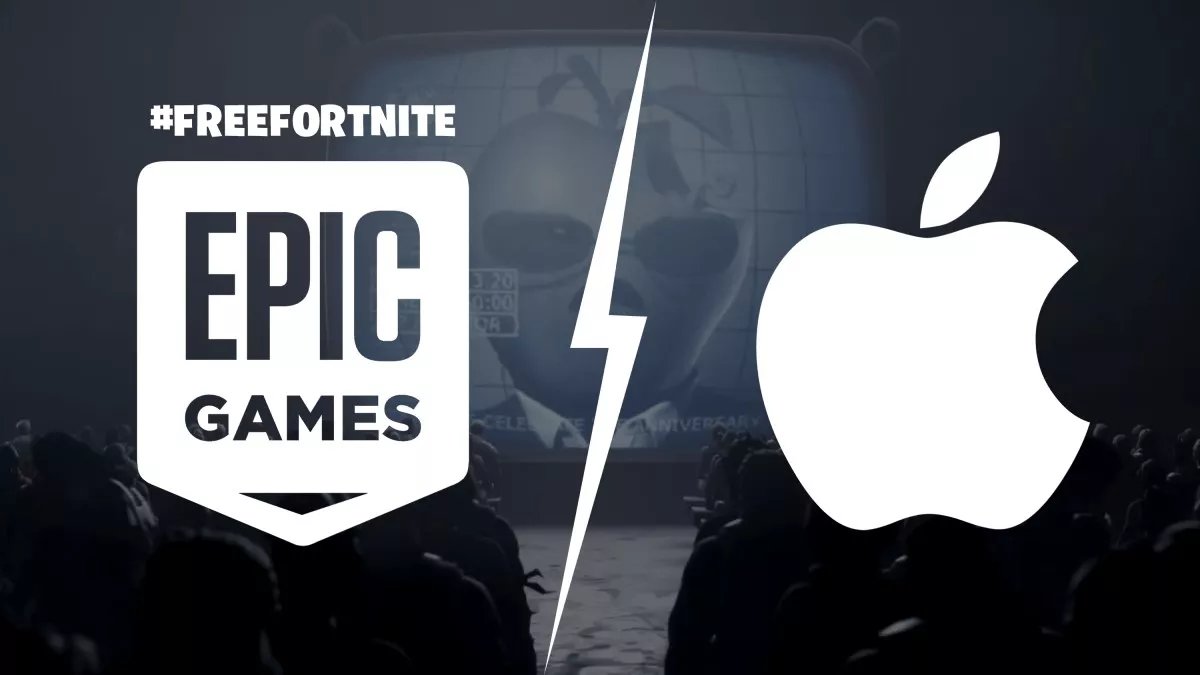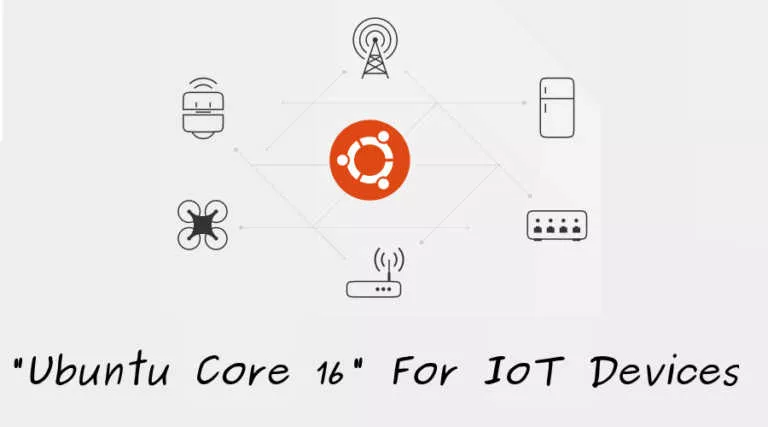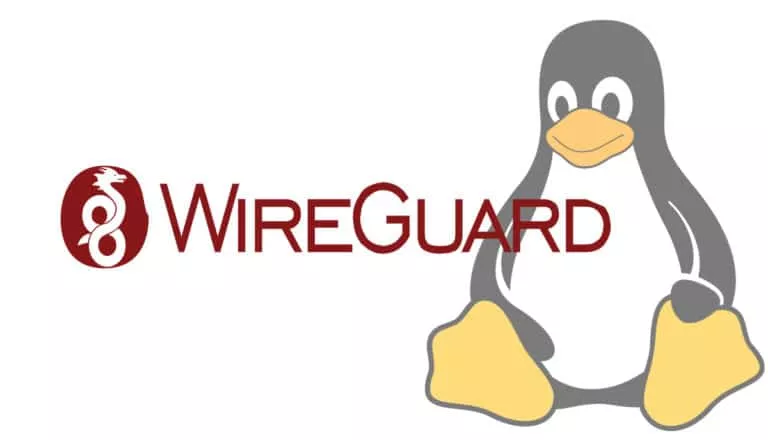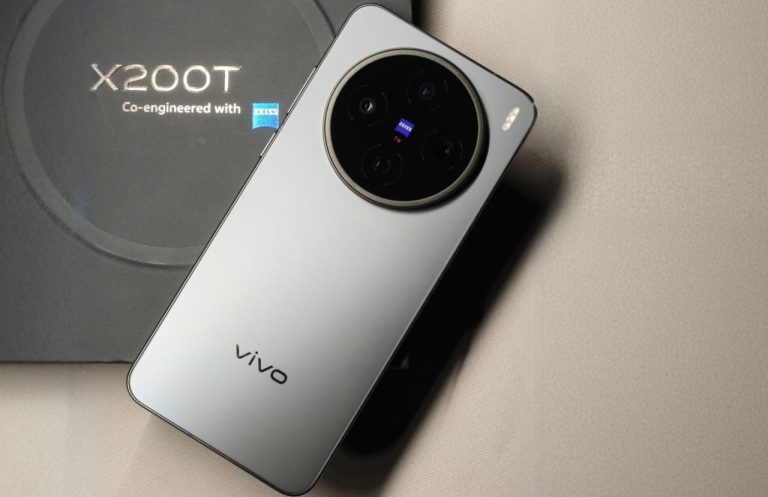Epic vs. Apple Lawsuit Verdict: Everything You Need To Know

Finally, after a year of the Epic Games vs. Apple lawsuit, it seems that both sides have lost. The verdict by California judge Yvonne Gonzalez Rogers ordered Apple to stop banning developers from telling users about alternatives to the in-app purchase system. She also concluded that Apple wasn’t unfairly monopolizing the mobile app space. However, Epic was to compensate Apple for violating its developer agreement with Fortnite.
Epic was hoping that the verdict would prove Apple had abused its monopoly on the iOS app ecosystem. Their real goal was to make Apple lower the 30% commission fees it charged on all apps. Previously, Elon Musk also tweeted that “Apple app store fees are a de facto global tax on the Internet, Epic is right.” For context, the Google Play Store also charges a 30% commission fee from all apps.
Epic Games filed a lawsuit because Apple removed Fortnite from its App Store after the game bypassed Apple’s in-app purchase (IAP) system. Previously, Blix had also sued Apple for similar reasons, but the case was dismissed by a federal judge. The case also brought forth many revelations via internal emails provided by each company.
Epic Games vs Apple Lawsuit (to be continued?)
Epic Games has now filed an appeal on this verdict, calling for a higher court to review the case. The company failed to prove to the judge exactly how Apple has a monopoly. She pointed out that the relevant market was the mobile gaming marketplace, but Epic did not focus on this topic.
This fiasco started when Epic Games introduced another payment option in Fortnite, which violated Apple’s policy. Even though the verdict is slightly in their favor, Epic still isn’t satisfied. The company argued that Apple’s in-app payment system was a glorified payment processor with outsized fees.
Apple’s 30% Commission (Apple tax)
According to Epic, developers should have the option to offer multiple payment processing options or reject Apple’s payment system altogether. The judge also noted that Apple’s IAP doesn’t provide developers with any unique features.
Apple IAP is no different from standard payment processing to justify a 15 to 30 percent commission. According to the company, “IAP is the method by which Apple collects its licensing fee from developers for the use of Apple’s intellectual property.”






